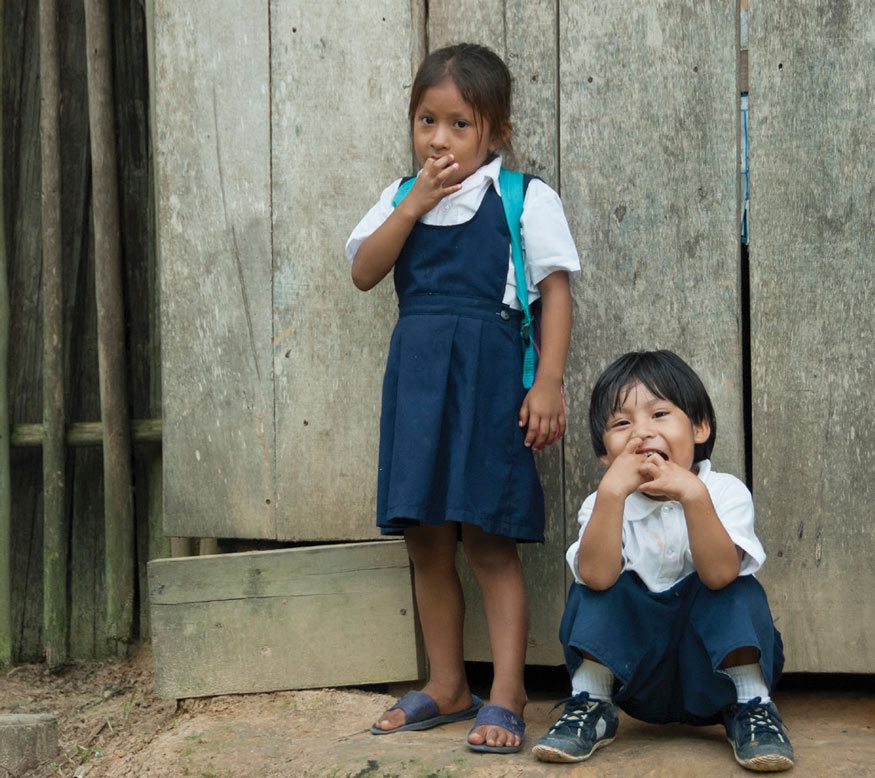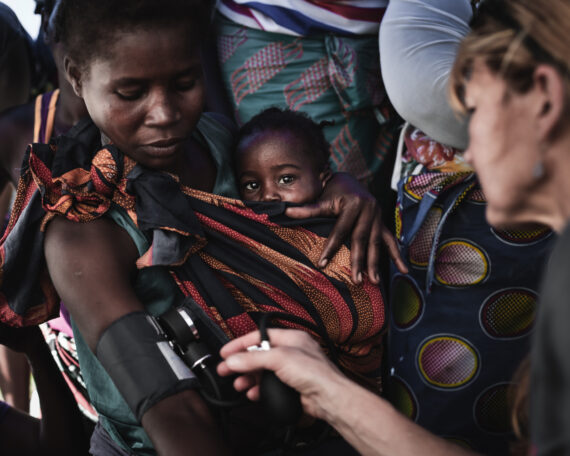Good nutrition is easier to achieve in communities that have made progress in other areas, such as health, education, and economic development.
Before the COVID-19 pandemic, global levels of child malnutrition—measured by rates of stunting and wasting—had been decreasing.
Yet progress had not been fast enough, because good nutrition is essential to human life, health, and well-being.
This paper examines common elements among low- and middle-income countries that have made more progress on nutrition than many of their peer countries. While they are not necessarily causal factors, these elements contribute to an environment that enables accelerated progress on nutrition:
- Economic growth
- Availability and consumption of nutritious foods
- Women’s empowerment
- Equity and equality
- Water, sanitation, and hygiene
- Funding
- Social protection systems
- Good governance
- Peace and stability
These elements are more likely to spur accelerated progress when they are combined with investments in key nutrition services, such as treatment or preventive treatment for children affected by wasting, multiple micronutrient supplementation for pregnant women, adequate breastfeeding/complementary feeding for infants, and Vitamin A supplementation for children.
While there is no one-size-fits-all approach that will produce good nutrition for everyone, we have seen that countries that are making faster progress have several ingredients in common that support their success. The U.S. government and other key stakeholders should look more deeply at these characteristics that help make faster progress possible and adjust their nutrition investments to support them. View full report.
“Dealing with malnutrition means fixing all the links in the chain—food, health, sanitation, water, and care.”



